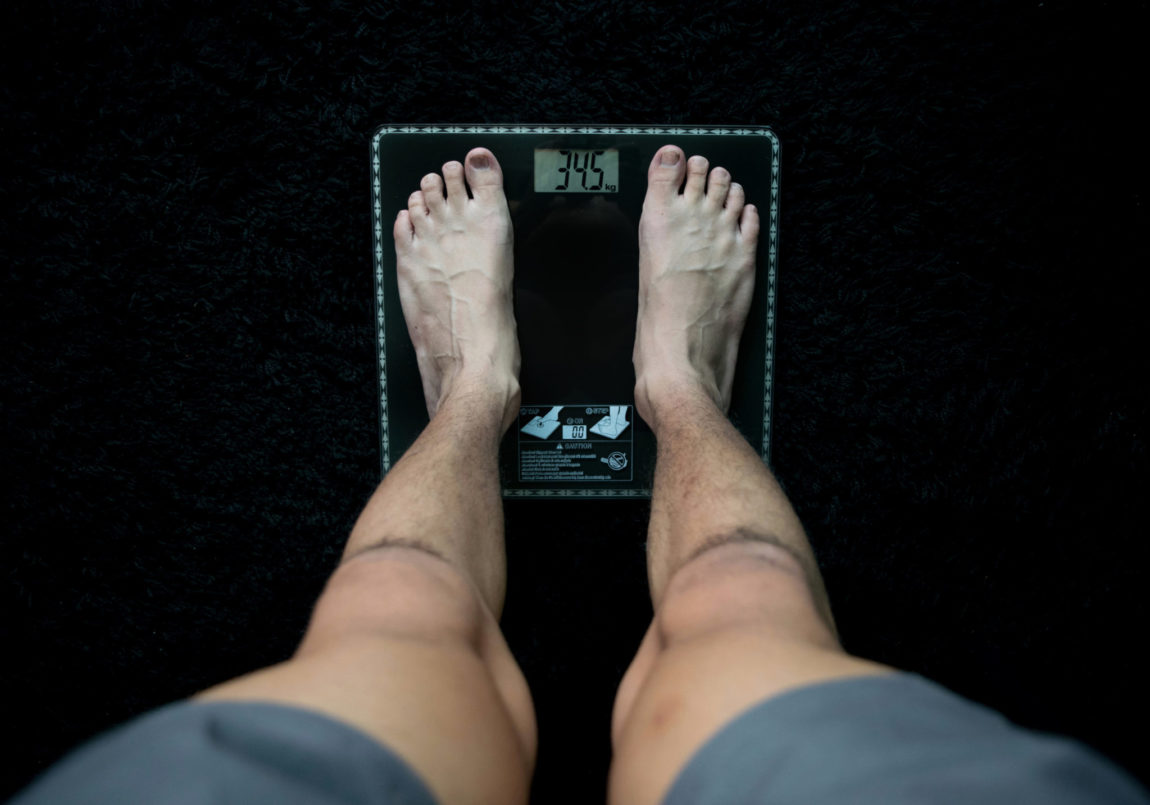
Gastric Sleeve vs Gastric Bypass
Those considering bariatric surgery have options, including gastric bypass surgery and gastric sleeve surgery. Each has pros and cons for candidates to consider when choosing a surgery. With many weight loss solutions available today, it can be challenging to decide which option the best for your lifestyle. Let’s take a look at two of the most popular weight loss surgeries: gastric sleeve vs gastric bypass.
Advantages of Both
Both gastric bypass and gastric sleeve surgery have been shown to be effective in relieving obesity-related health conditions including diabetes, sleep apnea, high blood pressure and high cholesterol. Both forms of bariatric surgery reduce hunger and are permanent. Sleeve gastrectomy and gastric bypass are both laparoscopic procedures, making either form of bariatric surgery minimally invasive.
Risks of Both
As with any medical procedure, gastric bypass and gastric sleeve surgeries both carry some risk of complications including bleeding, blood clots and infection.
Gastric Bypass Surgery
How does it work?
For gastric bypass surgery, the surgeon attaches a small pouch made from the stomach directly to the intestines, allowing nutrients to bypass the majority of the stomach.
What to expect after surgery?
After this procedure, patients should learn to make dietary and life choices to help aid in their weight loss and to avoid potential unpleasant side effects. Side effects may include rapid gastric emptying, also known as “dumping syndrome,” which can occur when the patient eats too many high-fat or high-sugar foods at once and the stomach releases the food into the small intestine rapidly. The small intestine releases gastric hormones and the body produces insulin which may cause the patient to feel nauseous, dizzy, sweaty and/or bloated and could cause vomiting, diarrhea or heart palpitations to occur.
Recovery from gastric bypass takes about three weeks, although patients can expect to resume most of their normal day-to-day activities within two weeks. Gastric bypass surgery patients can expect to lose, on average, 60 to 80 percent of their excess weight within the first 18 months after surgery.
Following gastric bypass surgery, patients should expect to eat three meals per day adding up to about 800 calories in total. Foods must be chewed to the consistency of pureed foods, and patients must generally avoid carbonated beverages (which can cause bloating), bread, pasta, nuts, tough meats and raw vegetables (which can cause blockage).
Who is a good candidate for gastric bypass surgery?
For people who have a body mass index of more than 45, healthcare providers will often recommend the gastric bypass procedure. Healthcare providers may also recommend gastric bypass for patients with a history of gastrointestinal reflux disease (GERD), since the risk of GERD is higher after sleeve gastrectomy.
Gastric Sleeve Surgery (Sleeve Gastrectomy)
How does it work?
The gastric sleeve surgery procedure uses a stapling device to create a small vertical sleeve out of the stomach. By reducing the size of the stomach, the surgeon reduces the amount of food the patient is able to eat, while allowing for normal digestion and absorption.
What to expect after surgery?
The recovery time for gastric sleeve surgery is about the same as it is for gastric bypass. After the procedure, patient vitals are monitored for about four to five hours. They can then return to normal activities in about two weeks and generally make a full recovery within three weeks.
Gastric sleeve bypass patients can expect to lose 60 to 70 percent of their excess weight within two years of surgery. Sleeve gastrectomy causes a slower, more gradual weight loss process than gastric bypass. An advantage of the more gradual weight loss is that patients may experience less sagging skin and stretch marks compared to gastric bypass patients.
Other advantages of gastric sleeve surgery over gastric bypass surgery:
- Gastric sleeve is a less complicated, generally safer surgical procedure
- Gastric sleeve reduces the amount of ghrelin, the “hunger hormone,” that the body produces
- Because it doesn’t bypass part of the digestive process, gastric sleeve surgery has a reduced risk of nutritional deficiencies compared to gastric bypass
After vertical gastric sleeve surgery, patients can expect to eat a diet of between approximately 600 and 800 calories per day. These calories should be divided between five small, healthy meals per day without snacks.
Who is a good candidate for gastric sleeve surgery?
Patients with Crohn’s disease or anemia, who take anti-inflammatory medication and who have had previous bariatric surgery may not be good candidates for gastric bypass surgery, but may still be eligible for gastric sleeve
Insurance Coverage
Individuals who are considering sleeve gastrectomy should check with their insurance carrier about whether the procedure is covered by their policy. Although many insurance carriers cover gastric bypass surgery, some consider gastric sleeve procedures to be “experimental” or “cosmetic.”
Choosing the Right Doctor
Those who choose bariatric surgery should look for a surgeon who has performed the procedure at least 100 times. Dr. Thomas A. Borland M.D. (Fellow, American College of Surgeons) has been performing bariatric procedures at the New Iberia Surgery Center in New Orleans, Louisiana, since 2007. Dr. Borland’s more than 30 years of experience in bariatric surgery help us provide the highest standard of care to our patients. Call 337.364.0809 if you are interested in learning more about Dr. Borland or to schedule a consultation.
